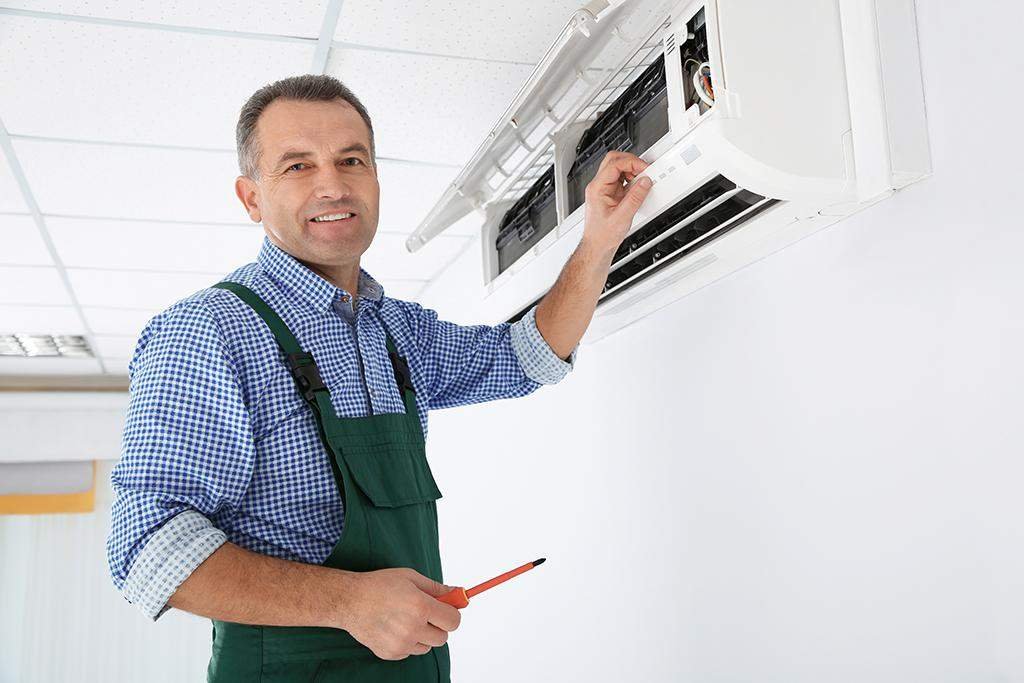In the current world, in which sustainability is becoming a central focus, the role of HVAC systems in our homes and workplaces cannot be overlooked. HVAC, which represents heating, airflow, and air conditioning , is essential not only for comfort but also for energy efficiency and environmental responsibility. As we work to reduce our carbon footprint, understanding how these systems work and how to maintain them effectively gains greater importance.
For many, the concept of HVAC can appear daunting, especially for individuals just starting their journey into home improvement or energy efficiency. This guide aims to demystify HVAC systems, shedding light on their functionality, maintenance requirements, and the latest innovations that promote sustainability. From selecting the right system for your home to optimizing your thermostat settings, you will find practical tips that not only enhance your living environment but also contribute to a more sustainable future. Let us explore how HVAC technology is evolving and how it plays a crucial role in creating more healthful and more energy-efficient spaces.
Grasping HVAC Systems
HVAC stands for Heating, Ventilation, and Air Conditioning. It encompasses a range of systems designed to regulate indoor climate, ensuring comfort and air quality within residential and commercial spaces. HVAC systems operate by managing the temperature, humidity levels, and air flow, rendering them essential for establishing a pleasant environment, irrespective of outdoor weather elements.
At the core of HVAC systems are three main components: thermal systems, airflow systems, and air conditioning systems. Heating systems, such as furnaces and heat exchangers, deliver warmth during winter months. Ventilation systems guarantee that stale indoor air is exchanged with fresh outdoor air, which is essential for preserving good indoor air quality. Air conditioning systems lower the air to keep spaces comfortable during sweltering weather, using refrigeration cycles to extract excess heat from indoor environments.
Understanding how these systems function is key to overseeing their efficiency and longevity. Regular maintenance, such as updating air filters and scheduling tune-ups, can avoid common issues and enhance functionality. By staying informed about HVAC technology and developments, homeowners and property managers can make informed decisions about their climate management needs, ultimately contributing to a more eco-friendly lifestyle.
HVAC Maintenance and Performance
Regular maintenance is important to ensuring your HVAC system operating efficiently. Easy tasks such as replacing air filters regularly, maintaining ducts, and checking for leaks can greatly enhance the effectiveness of your heating and cooling system. A properly maintained HVAC unit can operate more effectively, leading to lower energy consumption and lowered utility bills. Property owners are advised to schedule professional inspections at least once a year to tackle any possible issues before they become costly repairs.
Efficiency also depends on the proper use of your HVAC system. By knowing the optimal thermostat settings for various times of the year, you can make sure that your system is not performing harder than needed. During warmer months, adjusting your thermostat a few degrees upward can lead to substantial savings. Likewise, in winter, maintaining a steady, slightly cooler temperature can also help minimize energy costs while maintaining your home comfortable. Adopting smart HVAC strategies can enhance efficiency and contribute to a sustainable lifestyle.
Committing in consistent maintenance and employing efficient usage strategies not only prolongs the life of your HVAC system but also supports environmental goals. Systems that run efficiently emit fewer emissions and use less energy, which aligns with sustainable living principles. Therefore, being air conditioning replacement in maintenance and smart operation is essential for both your home and the planet.
Trends and Future Developments in HVAC
As the requirement for eco-friendliness grows, the HVAC industry is witnessing a wave of innovations that emphasize automated solutions and sustainability. One of the most important developments is the creation of smart HVAC systems that connect with home automation platforms. These systems enable homeowners to manage their climate settings via mobile devices, improving energy use based on live data about presence and user choices. This level of intelligence not only boosts convenience but also considerably reduces energy consumption, leading to lower utility bills.
Another sector of innovation is the rising acceptance of sustainable energy options in HVAC systems. Solutions such as geothermal climate control, as well as solar energy HVAC systems, are becoming more available and capable. These systems exploit natural resources to provide temperature management, drastically reducing reliance on fossil fuels. Adopting these green solutions helps reducing carbon footprints and encourages a movement toward a more sustainable lifestyle for homeowners and businesses alike.
Additionally, developments in air purification are transforming HVAC systems into necessary instruments for wellness and health. Improvements in filtering systems, including HEPA filters and UV-C light air purification systems, are designed to enhance indoor air quality. As concerns about airborne irritants and pollutants rise, these improvements ensure that HVAC installations foster a safer living environment, coinciding with the rising awareness of air quality indoors’ impact on overall health.

